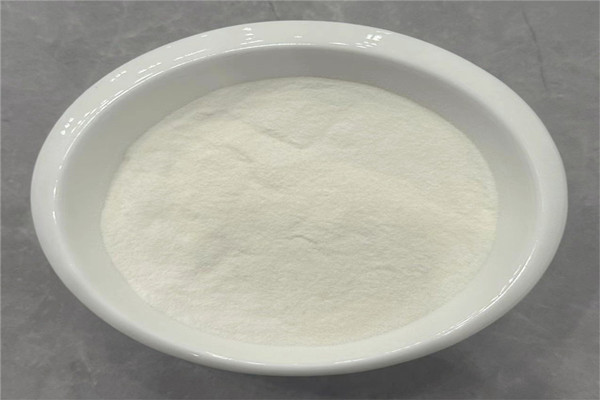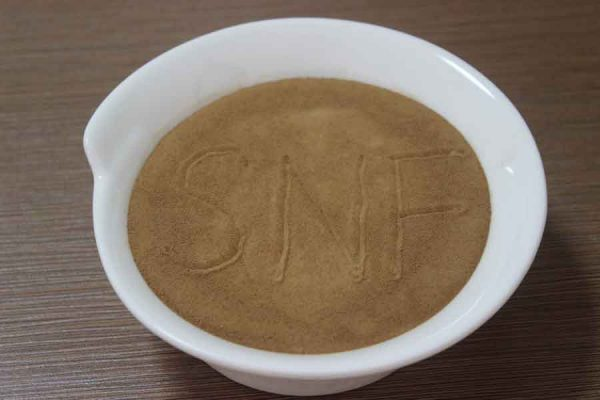Potassium lignosulfonate is a widely used compound in various industrial and agricultural applications, and the potassium content within it is one of the crucial components that captures attention. This article will delve into the potassium content in potassium lignosulfonate to reveal the importance of this component in its applications.
Introduction to Potassium Lignosulfonate
Firstly, let’s understand the basic characteristics of potassium lignosulfonate. This compound is typically derived from the extraction of wood pulp and is a byproduct of wood fiber and discarded wood processing. It possesses multifunctional properties and finds applications in several fields, including concrete, agriculture, oil well cement, and more.
The Role of Potassium in Potassium Lignosulfonate
One of the key reasons potassium lignosulfonate is highly regarded is the abundant presence of potassium within it. Potassium plays a crucial role in plant growth, being an essential nutrient involved in critical physiological processes such as cell division, water regulation, and nutrient transfer. The potassium in potassium lignosulfonate precisely provides these necessary nutrients to plants.The potassium content of potassium lignosulfonate varies between 10% and 15% due to differences in production processes and applications.
Optimizing Soil Fertility
As a soil amendment, potassium lignosulfonate with its potassium content effectively optimizes soil fertility. Potassium in the soil is essential for supporting normal plant growth, especially during flowering, fruiting, and seed development stages. By adding potassium lignosulfonate, not only additional potassium is provided to the plants, but soil structure is also improved, enhancing its water and nutrient retention capacity, creating a more favorable growing environment for crops.
Application in Concrete Industry
In the concrete industry, potassium lignosulfonate’s potassium content is also valued. Potassium has a positive impact on the performance of concrete, including improving its crack resistance and compressive strength. By adding potassium lignosulfonate, the overall performance of concrete is enhanced, making it more suitable for various engineering projects.
Contributions to Agriculture
In agriculture, the potassium content in potassium lignosulfonate is crucial for the growth and development of plants. Adequate potassium promotes healthy crop growth, increasing disease resistance and adaptability. By quantitatively adjusting the use of potassium lignosulfonate, farmers can more precisely provide the required potassium elements to crops, thereby improving crop yield and quality.
Environmentally Friendly Byproduct
In addition to its advantages in plant growth and industrial applications, the potassium content in potassium lignosulfonate is also an environmentally friendly byproduct of its preparation process. As it is extracted from wood waste, this method not only effectively utilizes waste resources but also helps reduce dependence on traditional ore resources, aligning with sustainable development principles.
Conclusion
In conclusion, the potassium content in potassium lignosulfonate plays a crucial role in its widespread applications. Whether in soil improvement, the concrete industry, or agriculture, its unique advantages make it a favored compound in various industries. By gaining a deeper understanding of the potassium content in potassium lignosulfonate and its mechanisms, we can better harness this resource, achieving more sustainable and efficient production practices.



